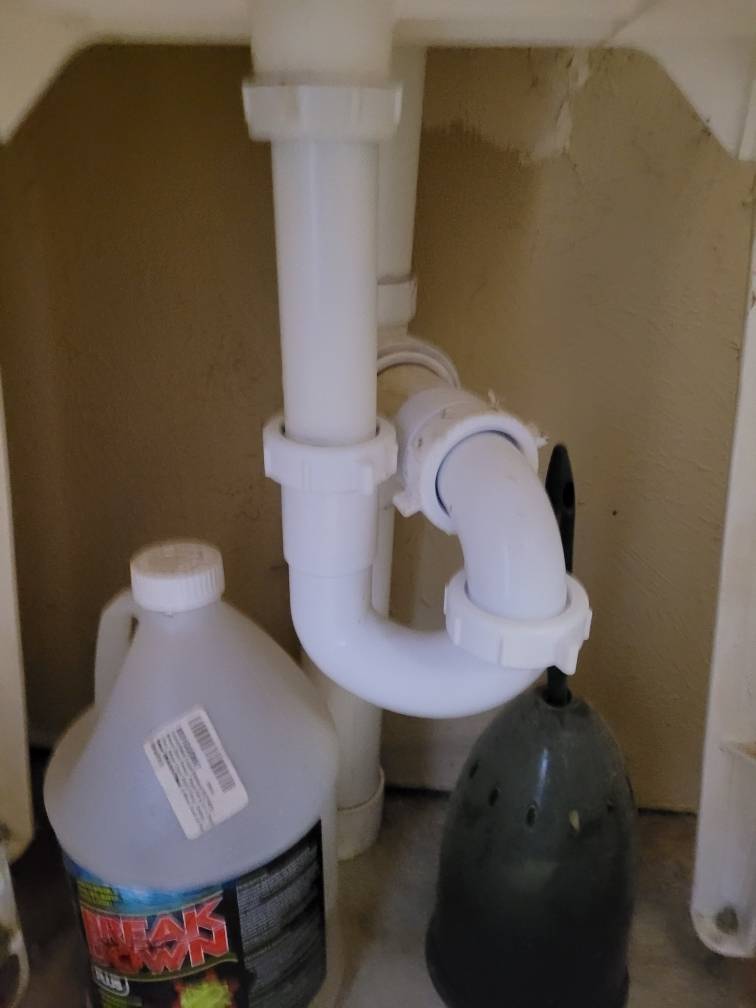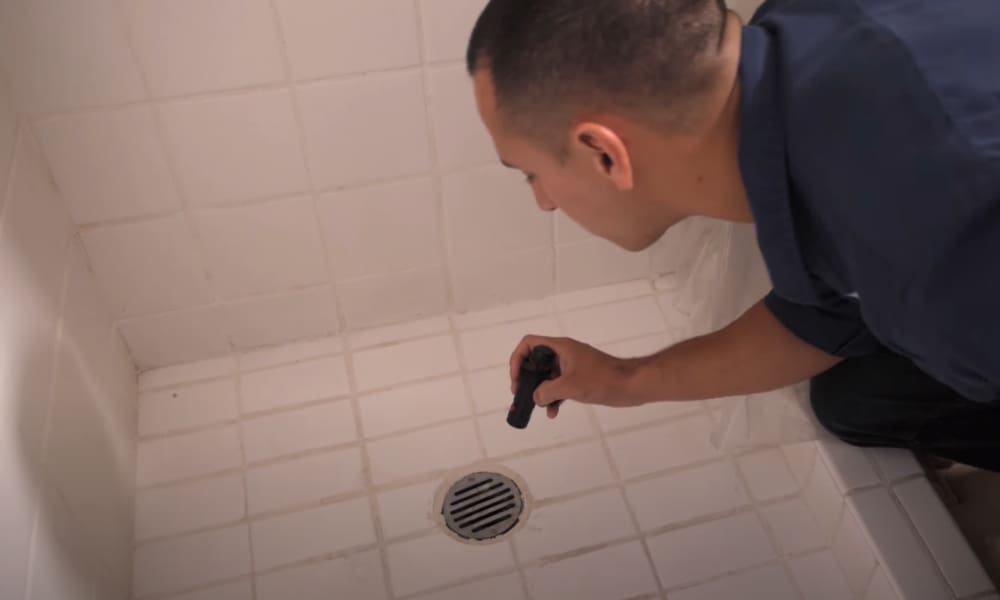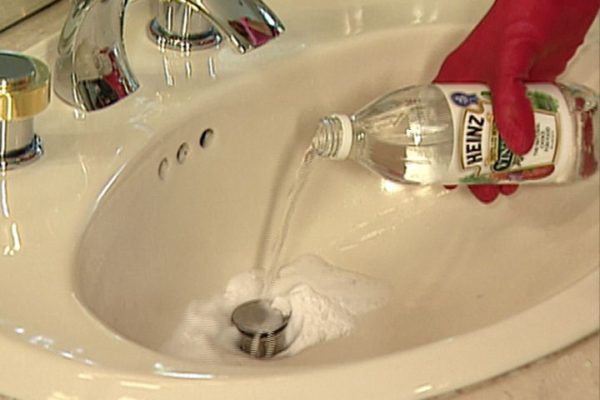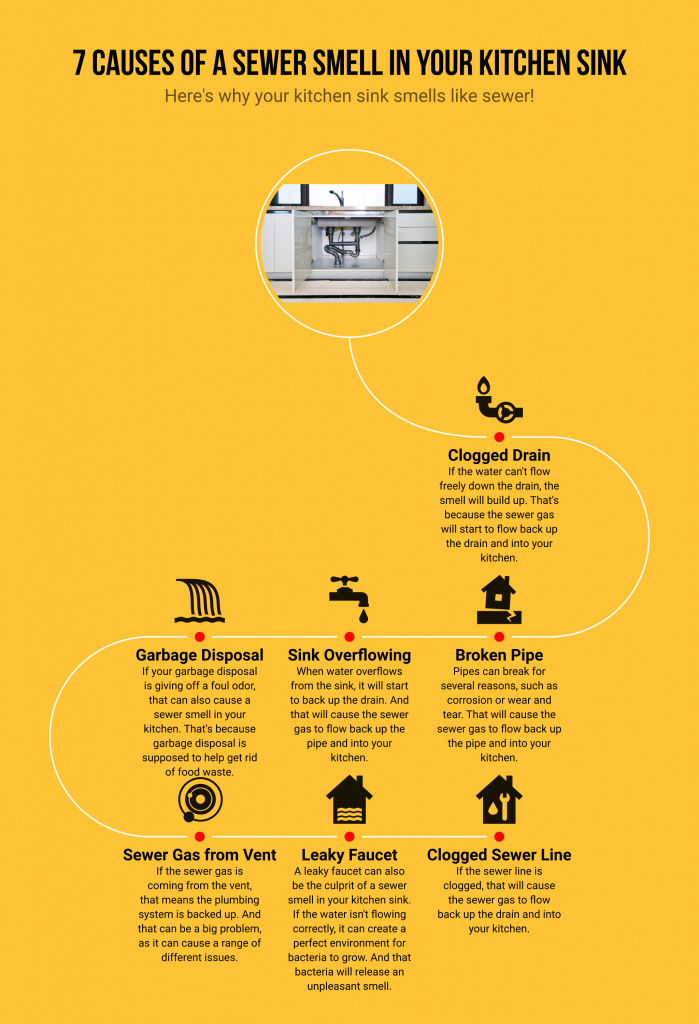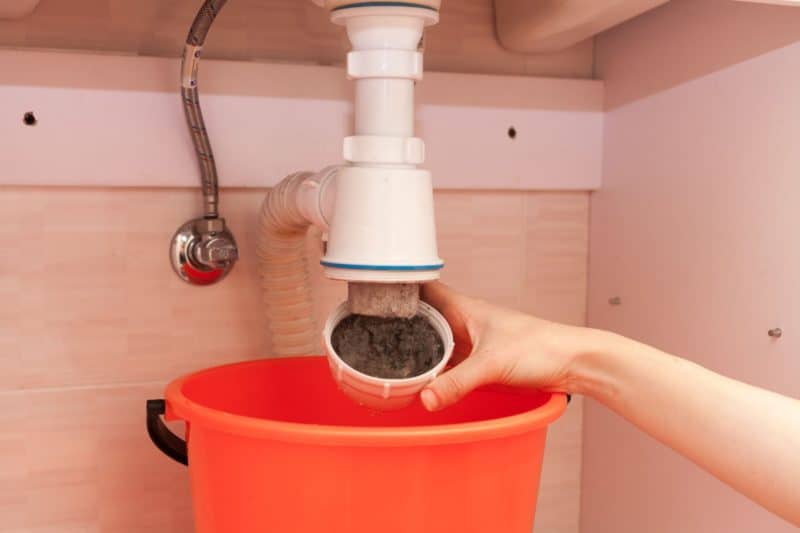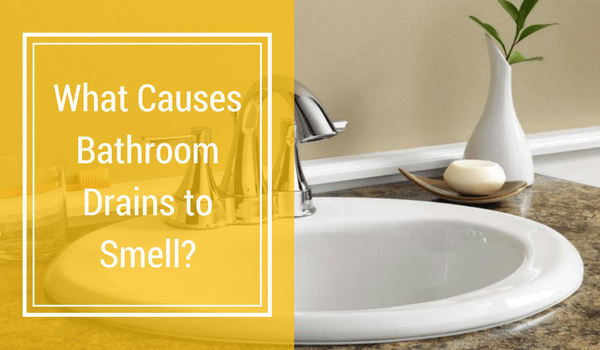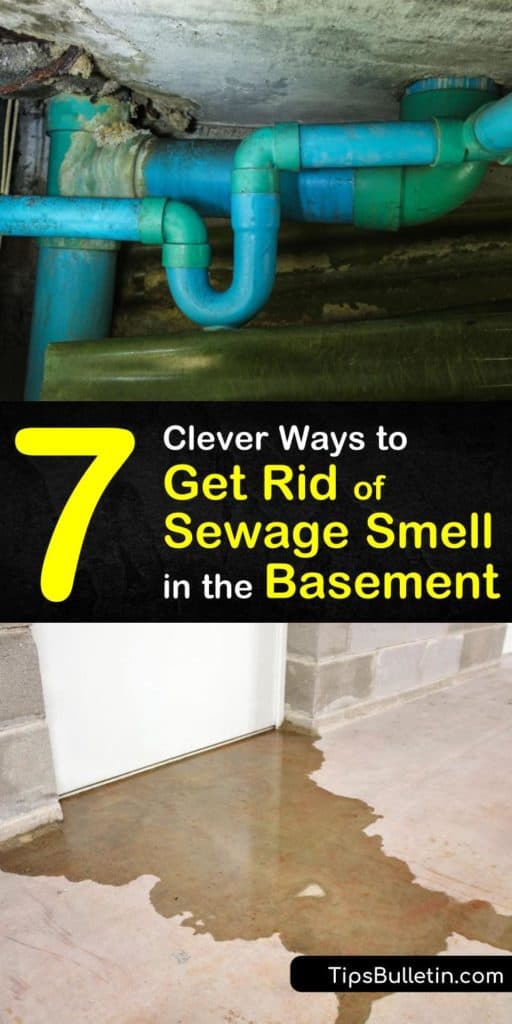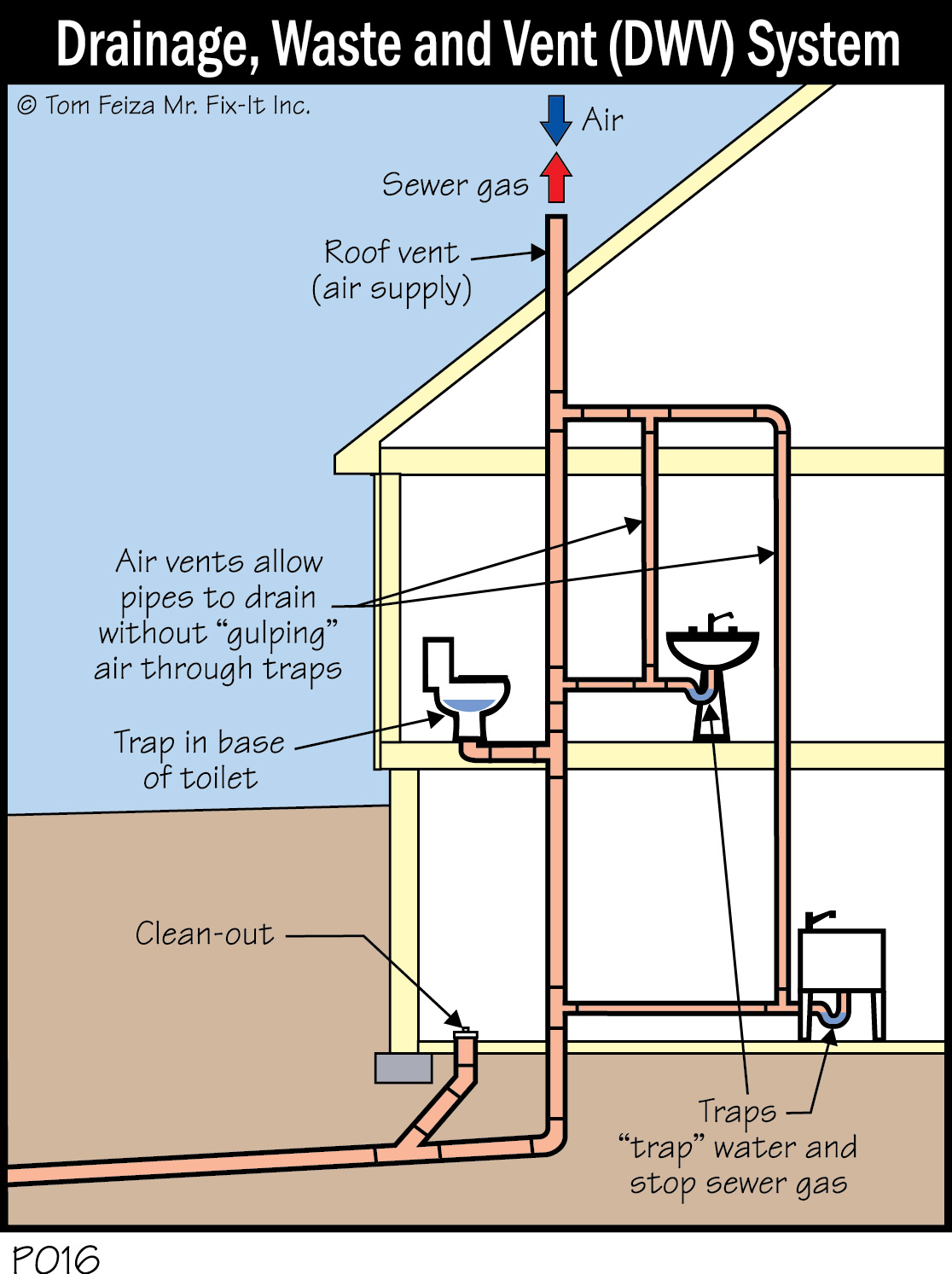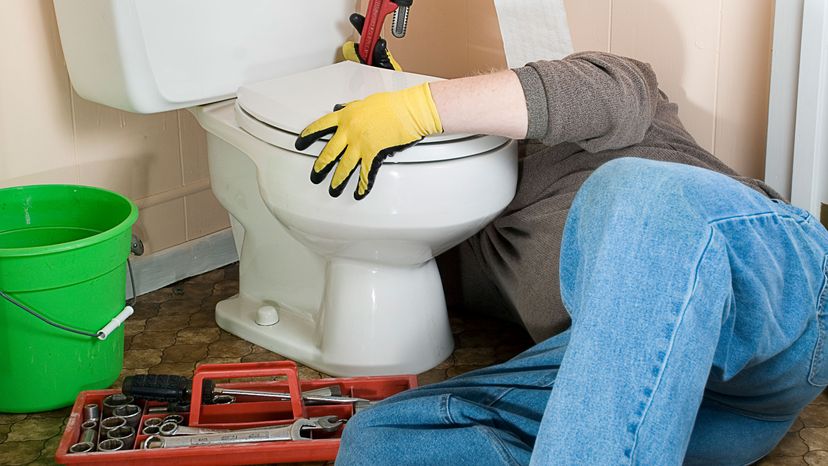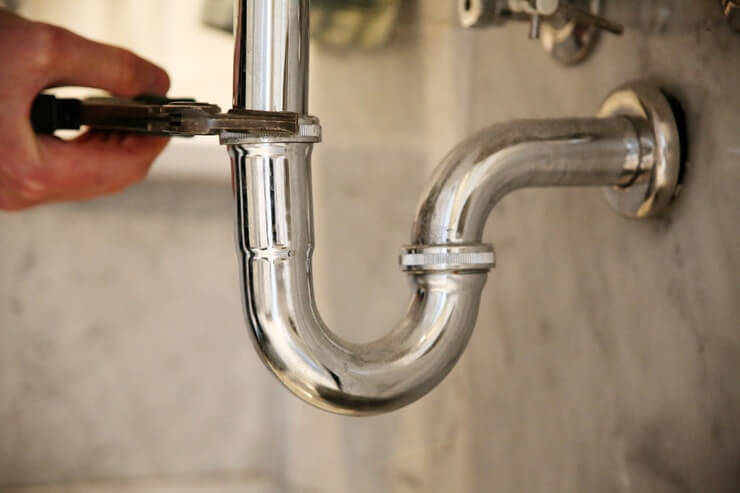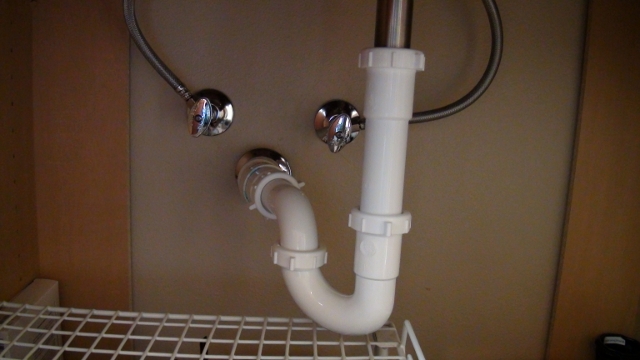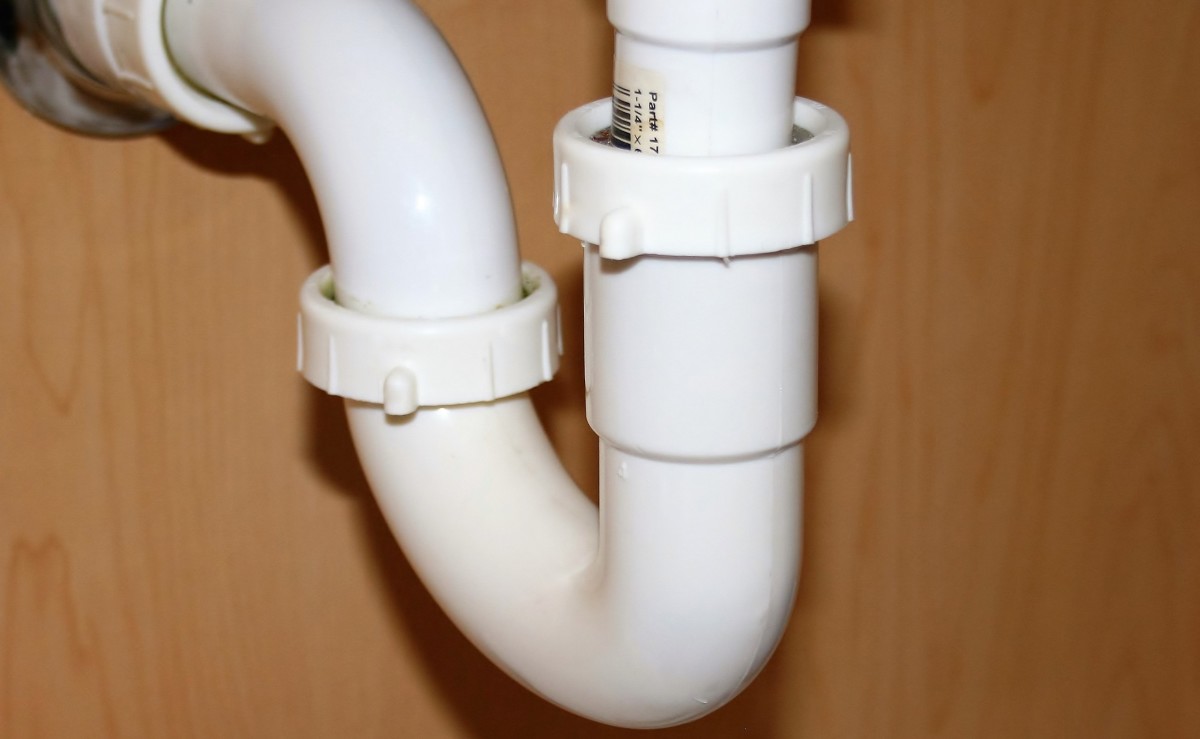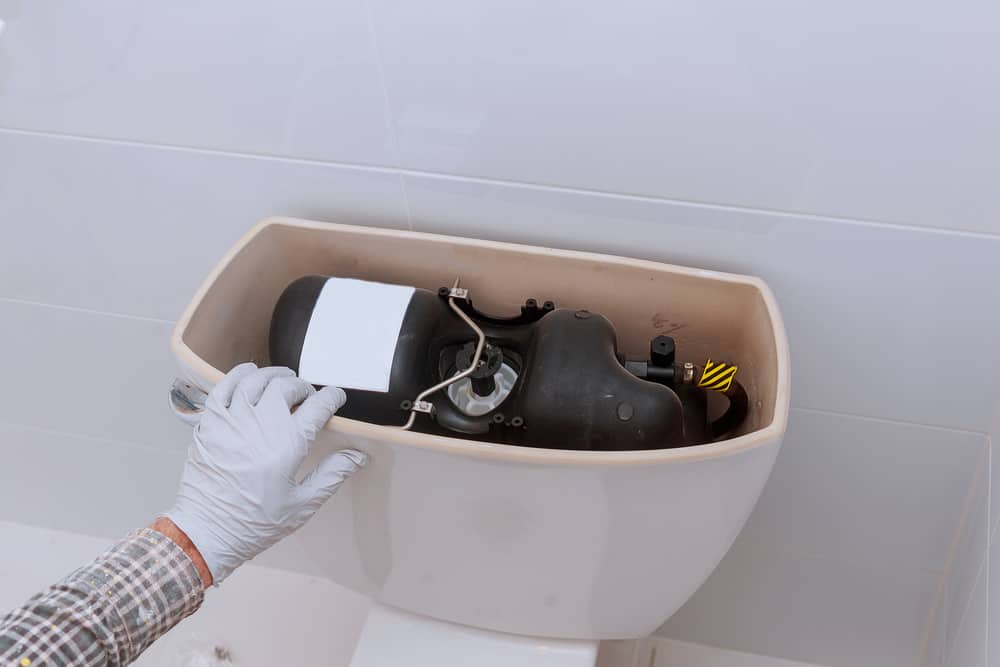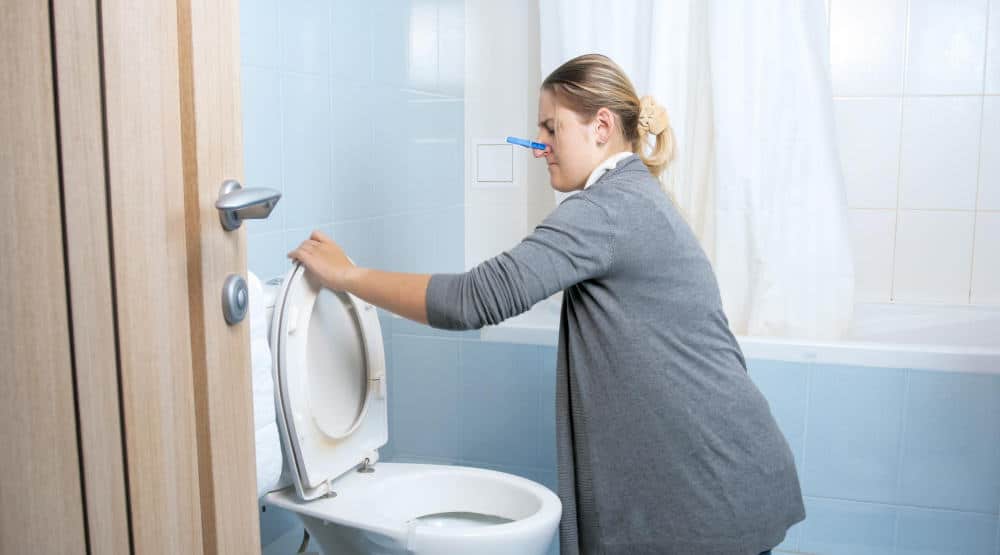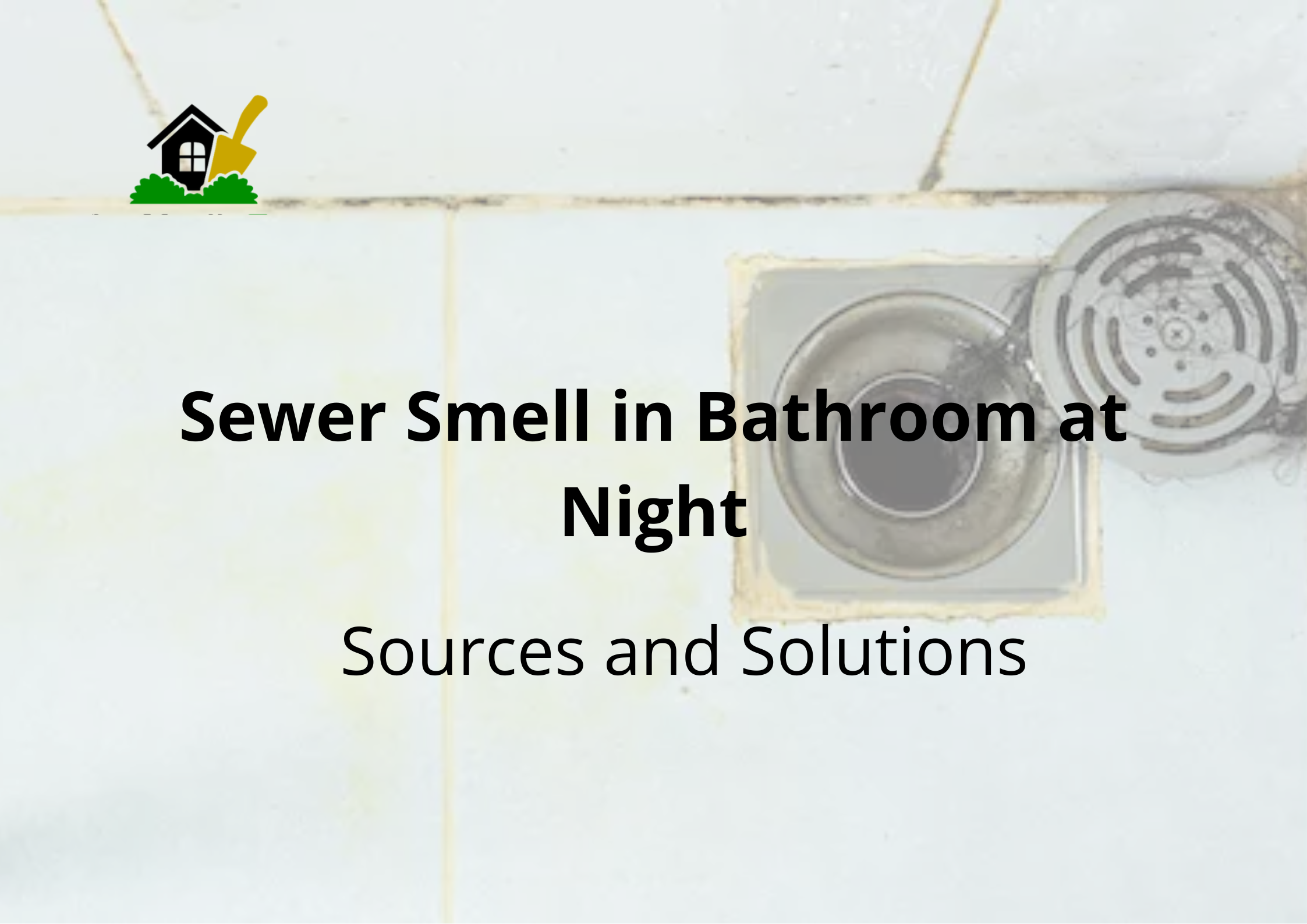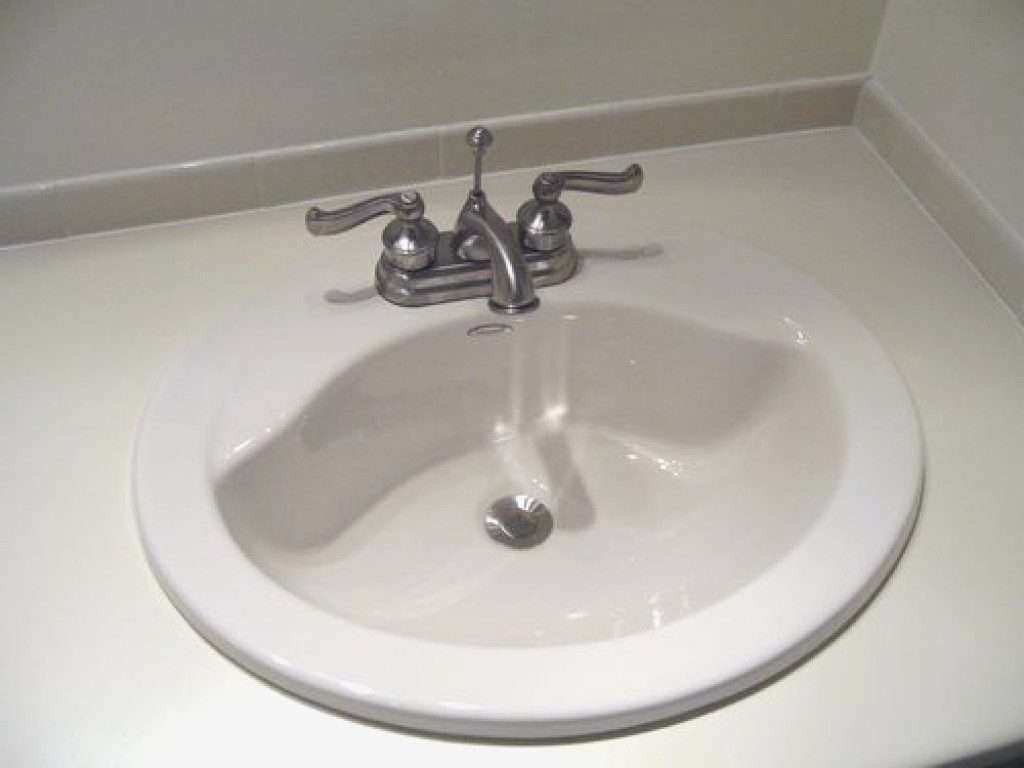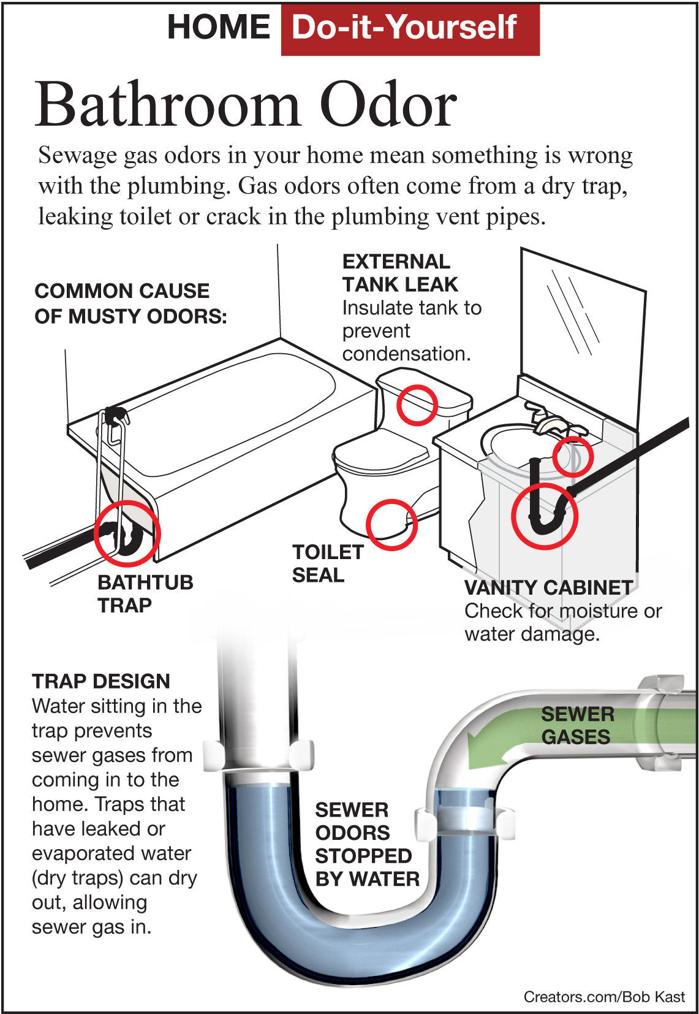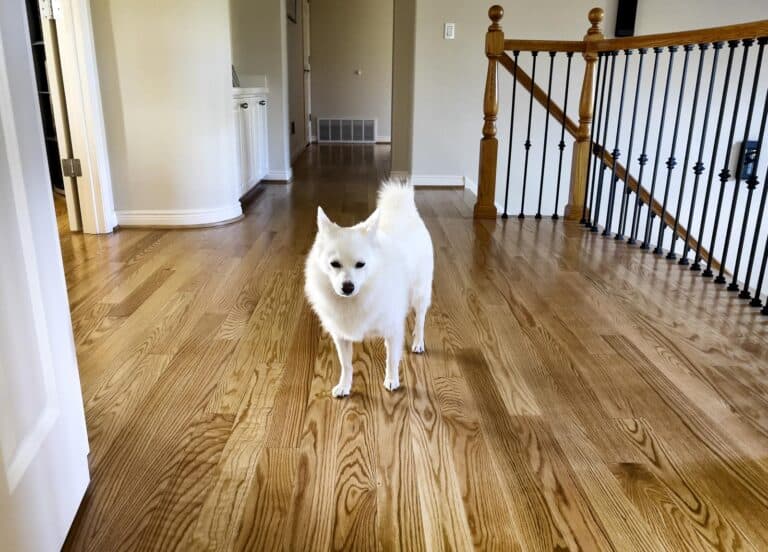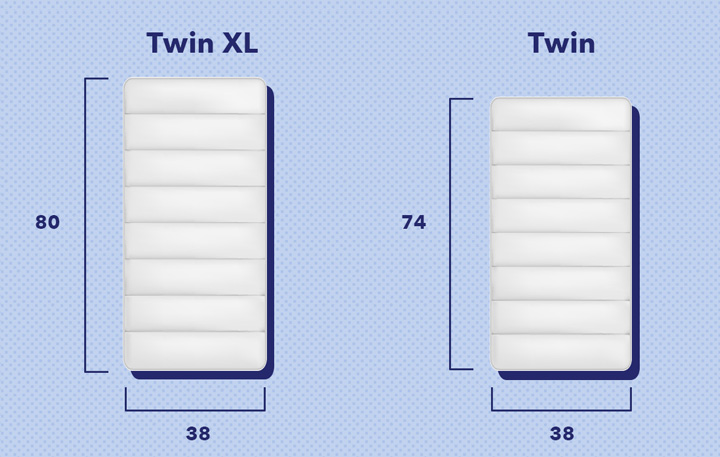If you're experiencing a foul sewer smell coming from your upstairs bathroom sink, you're not alone. This is a common problem that can be caused by a variety of factors. The good news is that there are several solutions to get rid of the smell and prevent it from coming back. In this article, we'll explore the top 10 possible causes and solutions for sewer smell in your upstairs bathroom sink.Sewer Smell from Upstairs Bathroom Sink: 10 Possible Causes and Solutions
The first step in getting rid of sewer smell in your bathroom sink is to identify the source of the problem. Once you've determined the cause, you can then take the necessary steps to eliminate the odor. Here are some effective solutions for getting rid of sewer smell in your bathroom sink:How to Get Rid of Sewer Smell in Bathroom Sink
1. Dry trap: The most common cause of sewer smell in a bathroom sink is a dry trap. This is when the water in the trap, which is typically filled with water to prevent odors from coming back up, has evaporated. Simply run the water for a few minutes to refill the trap and eliminate the smell. 2. Clogged drain: A clogged drain can also cause sewer smell in your bathroom sink. This can be caused by hair, soap scum, or other debris building up in the drain. Use a plunger or a drain snake to clear the clog and get rid of the smell. 3. Damaged vent pipe: The vent pipe is responsible for allowing sewer gases to escape from your plumbing system. If the vent pipe is damaged or blocked, it can cause these gases to seep into your bathroom and create a foul smell. A professional plumber can inspect and repair the vent pipe to solve the issue. 4. Cracked or damaged sewer line: If your sewer line is cracked or damaged, it can cause sewer gases to leak into your home. This is a serious issue that requires immediate attention from a professional plumber. 5. Dirty overflow drain: The overflow drain in your bathroom sink can accumulate dirt and grime over time, leading to a foul smell. Clean the drain using a mixture of baking soda and vinegar to eliminate the odor. 6. Improperly installed P-trap: The P-trap is the curved portion of the drain pipe that prevents sewer gases from coming back up into your bathroom. If it's not installed correctly, it can cause sewer smell. Have a professional plumber check and reinstall the P-trap if necessary. 7. Blocked sewer vent: Similar to a blocked vent pipe, a blocked sewer vent can cause sewer gases to escape into your bathroom. This can be caused by debris or animal nests blocking the vent. A plumber can clear the blockage to fix the problem. 8. Old or faulty wax ring: The wax ring seals the connection between the toilet and the sewer pipe. If it's old or damaged, it can allow sewer gases to enter your bathroom. A plumber can replace the wax ring to eliminate the smell. 9. Sewer gas leak: In rare cases, a sewer gas leak can occur in your plumbing system, leading to a strong smell in your bathroom. If you suspect a gas leak, evacuate your home and call a professional plumber immediately. 10. Sewer backup: A sewer backup is a serious and hazardous situation that can occur when the main sewer line is clogged. If you experience this, call a plumber right away to address the issue.Common Causes of Sewer Smell in Bathroom Sink
Fixing a sewer smell in your bathroom sink will depend on the underlying cause. Some issues, such as a dry trap or clogged drain, can be easily fixed on your own. However, for more serious issues like a damaged sewer line or gas leak, it's best to call a professional plumber for help.How to Fix a Sewer Smell in Bathroom Sink
If you prefer to try DIY solutions before calling a professional, here are some easy and effective methods for getting rid of sewer smell in your upstairs bathroom sink: - Run hot water down the drain to flush out any debris or bacteria that may be causing the smell. - Pour a mixture of baking soda and vinegar down the drain to eliminate any build-up or odors. - Use a plunger or a drain snake to clear any clogs in the drain. - Clean the overflow drain with a mixture of baking soda and vinegar. - Check and refill the water in the P-trap to prevent sewer gases from escaping.DIY Solutions for Sewer Smell in Upstairs Bathroom Sink
Preventing sewer smell in your upstairs bathroom sink is the best way to avoid dealing with it in the first place. Here are some tips for preventing sewer smell: - Run water in your bathroom sink regularly to refill the trap and prevent it from drying out. - Avoid pouring grease or oil down the drain, as it can cause clogs and build-up. - Clean the overflow drain regularly to prevent dirt and grime from accumulating. - Have a professional plumber inspect your plumbing system regularly for any potential issues.How to Prevent Sewer Smell in Upstairs Bathroom Sink
If you're unable to get rid of the sewer smell on your own, it's best to call a professional plumber for assistance. They have the knowledge, experience, and equipment to identify and fix the underlying cause of the smell.Professional Solutions for Sewer Smell in Bathroom Sink
Identifying the source of sewer smell in your bathroom sink is crucial in finding a solution. Start by checking the P-trap, the overflow drain, and the vent pipe for any issues. If you can't find the source, it's best to call a professional plumber for a thorough inspection.How to Identify the Source of Sewer Smell in Bathroom Sink
Here are some additional tips for getting rid of sewer smell in your upstairs bathroom sink: - Use a plumber's snake to clear any clogs in the drain. - Consider using a drain cleaner specifically designed for eliminating sewer odors. - Place a small amount of baking soda or activated charcoal in the drain to absorb any odors.Tips for Eliminating Sewer Smell in Upstairs Bathroom Sink
Some common mistakes that can lead to sewer smell in your bathroom sink include: - Not running water in the sink regularly to refill the trap. - Pouring grease, oil, or other substances down the drain. - Ignoring the issue and not addressing it promptly. By avoiding these mistakes and following the tips and solutions mentioned in this article, you can effectively get rid of sewer smell in your upstairs bathroom sink and prevent it from coming back. Remember, if the smell persists or you suspect a serious issue like a sewer gas leak, it's best to call a professional plumber for help.Common Mistakes that Cause Sewer Smell in Bathroom Sink
Solving the Problem of Sewer Smell from Upstairs Bathroom Sink

Understanding the Cause
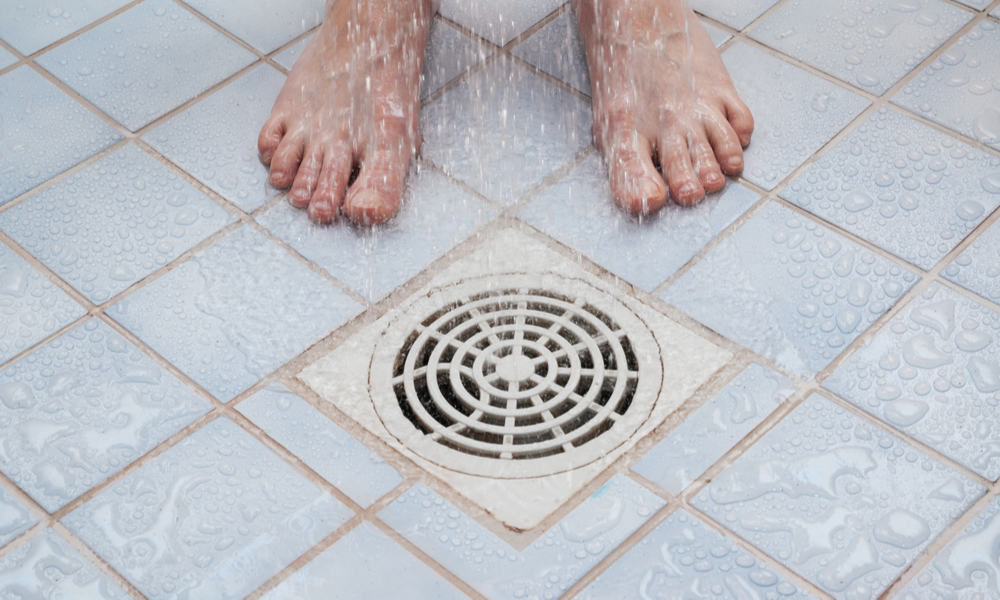 One of the most unpleasant and frustrating issues that can arise in a home is the presence of a sewer smell, especially in the upstairs bathroom. This smell is not only unpleasant, but it can also be a sign of a larger problem in your house. Understanding the cause of this issue is the first step in finding a solution.
The most common cause of a sewer smell coming from an upstairs bathroom sink is a dry P-trap. The P-trap is a curved pipe located underneath the sink that traps water to prevent sewer gases from entering your home. When the P-trap dries out, the sewer gases are able to escape, resulting in the unpleasant smell.
One of the most unpleasant and frustrating issues that can arise in a home is the presence of a sewer smell, especially in the upstairs bathroom. This smell is not only unpleasant, but it can also be a sign of a larger problem in your house. Understanding the cause of this issue is the first step in finding a solution.
The most common cause of a sewer smell coming from an upstairs bathroom sink is a dry P-trap. The P-trap is a curved pipe located underneath the sink that traps water to prevent sewer gases from entering your home. When the P-trap dries out, the sewer gases are able to escape, resulting in the unpleasant smell.
Solutions for a Dry P-Trap
 The good news is that a dry P-trap can easily be fixed. The first step is to run water in the sink for a few minutes to see if the smell goes away. If this does not solve the issue, you may need to check the P-trap itself. Depending on the design of your sink, you may be able to unscrew the P-trap and pour water directly into it. This will fill the trap and create a seal to prevent the gases from escaping.
If your sink does not have a removable P-trap, you can try pouring a cup of water and some
baking soda
down the drain. This can help to dissolve any buildup that may be blocking the trap. Another option is to use a
plumber's snake
to remove any clogs or debris that may be preventing the water from filling the trap.
The good news is that a dry P-trap can easily be fixed. The first step is to run water in the sink for a few minutes to see if the smell goes away. If this does not solve the issue, you may need to check the P-trap itself. Depending on the design of your sink, you may be able to unscrew the P-trap and pour water directly into it. This will fill the trap and create a seal to prevent the gases from escaping.
If your sink does not have a removable P-trap, you can try pouring a cup of water and some
baking soda
down the drain. This can help to dissolve any buildup that may be blocking the trap. Another option is to use a
plumber's snake
to remove any clogs or debris that may be preventing the water from filling the trap.
Preventing Future Issues
 Once you have solved the immediate problem of a dry P-trap, it is important to take steps to prevent it from happening again in the future. One way to do this is to regularly use all the drains in your home, including the ones in your upstairs bathroom. This will ensure that the P-trap remains filled with water and functioning properly.
Another preventive measure is to regularly clean your drains and pipes. This can be done by pouring a mixture of hot water and
vinegar
down the drains and letting it sit for a few minutes before flushing it out with hot water. This will help to remove any buildup and keep your drains running smoothly.
In conclusion, a sewer smell from an upstairs bathroom sink can be a frustrating and unpleasant issue to deal with. However, by understanding the cause and taking the necessary steps to fix and prevent it, you can eliminate the smell and keep your home smelling fresh and clean.
Once you have solved the immediate problem of a dry P-trap, it is important to take steps to prevent it from happening again in the future. One way to do this is to regularly use all the drains in your home, including the ones in your upstairs bathroom. This will ensure that the P-trap remains filled with water and functioning properly.
Another preventive measure is to regularly clean your drains and pipes. This can be done by pouring a mixture of hot water and
vinegar
down the drains and letting it sit for a few minutes before flushing it out with hot water. This will help to remove any buildup and keep your drains running smoothly.
In conclusion, a sewer smell from an upstairs bathroom sink can be a frustrating and unpleasant issue to deal with. However, by understanding the cause and taking the necessary steps to fix and prevent it, you can eliminate the smell and keep your home smelling fresh and clean.










